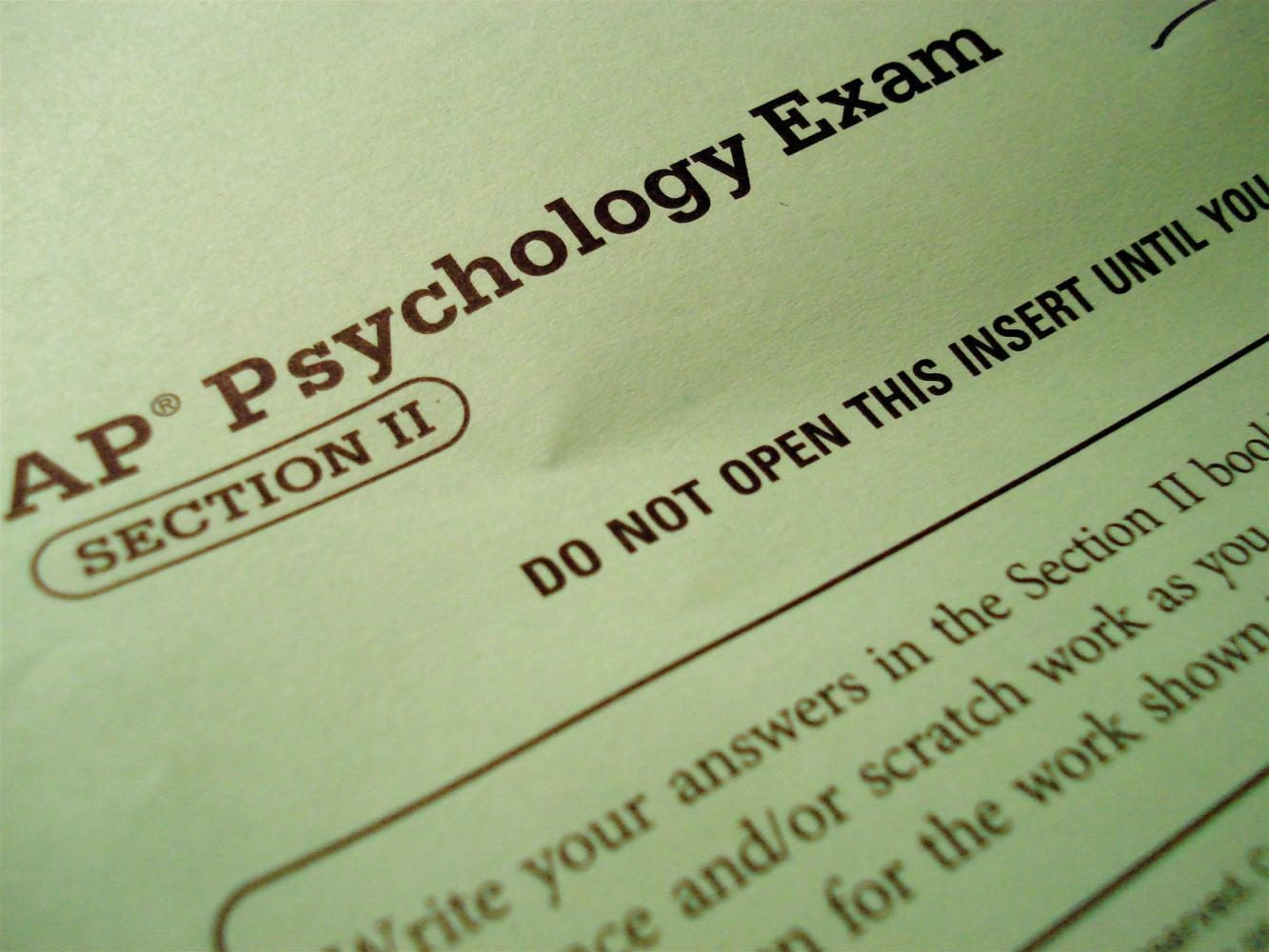Credit for AP Classes Could be Lessened
June 6, 2017
Recently, colleges such as the University of Pennsylvania and Duke University have been starting to reconsider how much credit should be given for AP exams taken in high school.
AP tests often allow students to skip introductory college courses and obtain college credit based on the score they get.
According to a Feb. 15 Wall Street Journal article, more than 2.6 million high school students globally took 4.7 million AP exams in the 2015-16 year. The test concludes what is usually a year-long class with curriculum that is designed to be similar to a college-level course.
Colleges have started to reconsider AP credit due to the belief that high school courses are not as stringent at the college level. Some high school students and teachers disagree with this statement.
“I would disagree that entry-level college courses are more rigorous than their AP counterparts,” AP U.S. History and AP Psychology teacher Rodney Van Tassell said. “Most CHS alums that I talk to confirm that their AP classes adequately prepared them for college rigor.”
Though colleges are starting to reconsider the amount of credit given to an AP student, most students do not feel discouraged from taking these classes as the difficulty level is reflective of what they expect to see.
“Although I think it’s unfair, the number of APs I would take would not really change,” junior Helene Cho said. “I would still take the AP courses to get as much credit as I can for college. Even though AP courses may not be as rigorous as college classes and reflect the actual workload, they are still harder than typical high school courses.”
Although the college credit may not be the only incentive for taking AP class, this change still upsets some due to the time commitment of taking multiple AP classes.
“I never signed up to take APs just because of college credit. I signed up because the most interesting courses offered happen to be AP course,” junior Sara Weissel said. “That being said, taking multiple APs is a very time consuming endeavor, regardless of how much I enjoy the class. I think a college should recognize the amount of commitment and extra work students do to be successful in AP courses”
Although colleges may be reappraising credit from AP exams, it does not mean colleges won’t acknowledge the tedious work the student put on themselves by taking multiple APs. Colleges know that AP courses are a lot of labor and will continue to give some amount of credit to the student.
“Colleges and universities have been relatively consistent in awarding AP credits for APUSH for the past 15 plus years,” Van Tassell said. “That said, Ivy League schools, and a few others like Duke, have been pulling back on how much they weigh AP classes. However, I doubt schools such as these would consider accepting students without AP or IB rigor on their high school transcripts.”
Though AP credit is being reconsidered and possibly lowered by colleges, students are still having to pay ninety-five dollars to take each exam. Given this fact, many deem the system unfair.
“I would guess it is a money grab on their parts,” Van Tassell said. “If that is the case it is unfortunate for students especially in light of the skyrocketing costs associated with higher education.”
If AP, BC or IB classes show up on a transcript, it still shows additional effort by a student. It is believed that colleges will still continue to be impressed and take special note of those who take challenging classes throughout their high school career.
“APs may not be as rigorous as most classes taught in college, but I think considering the fact that most college freshman take 4-5 classes and most high schoolers take 6-7, we are demonstrating our ability to succeed in an academically challenging environment.” Van Tassell said.


